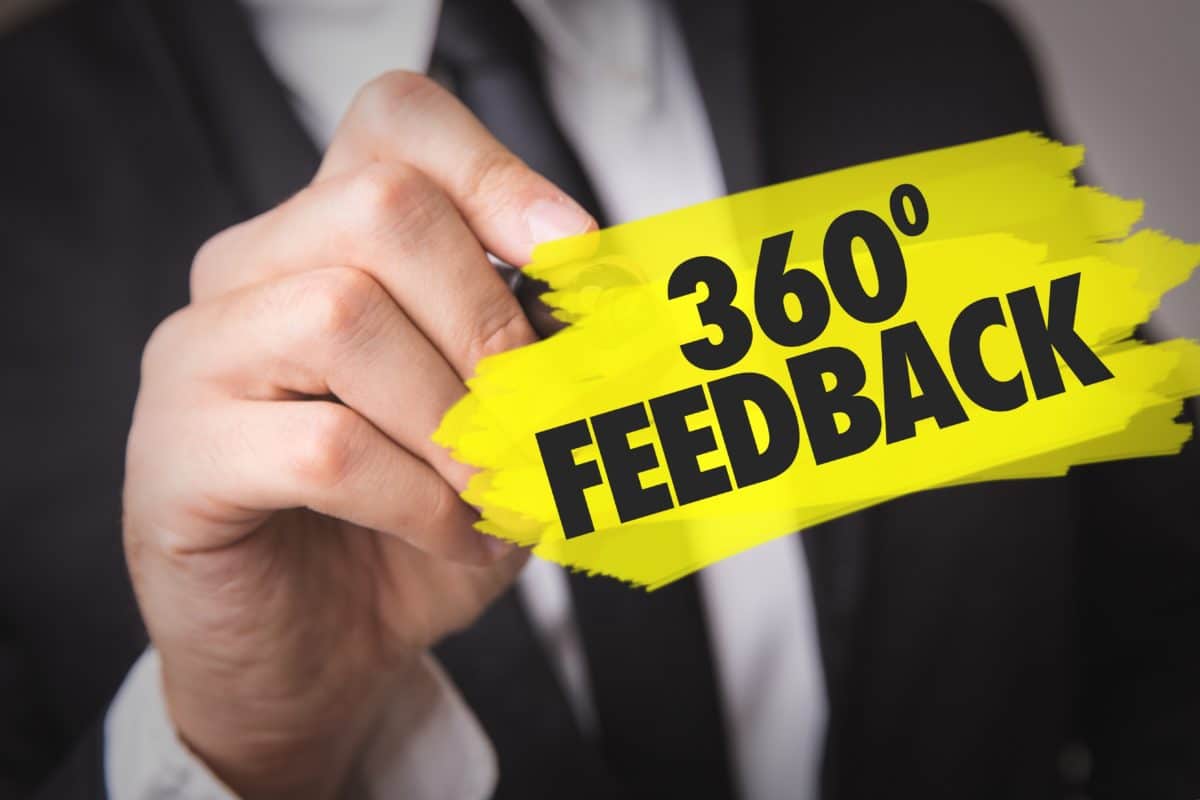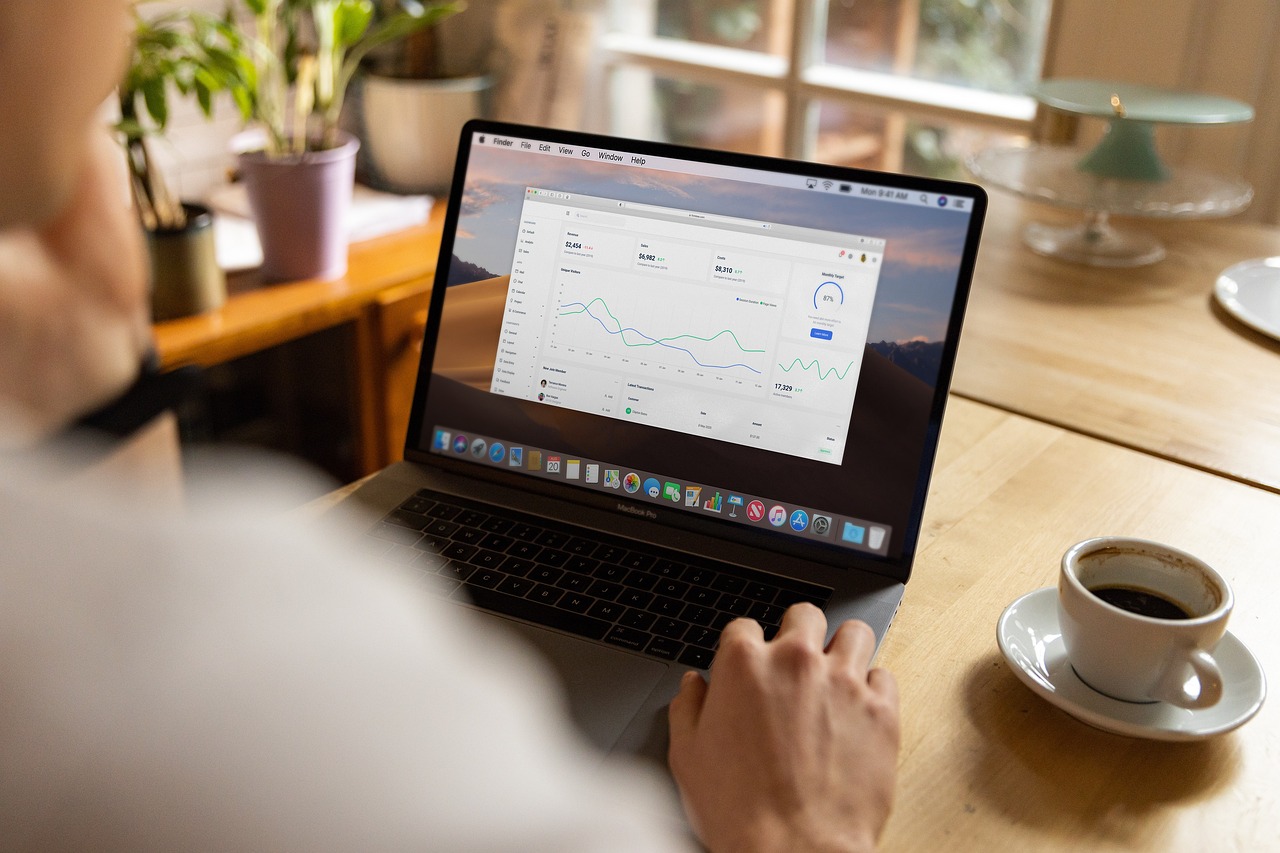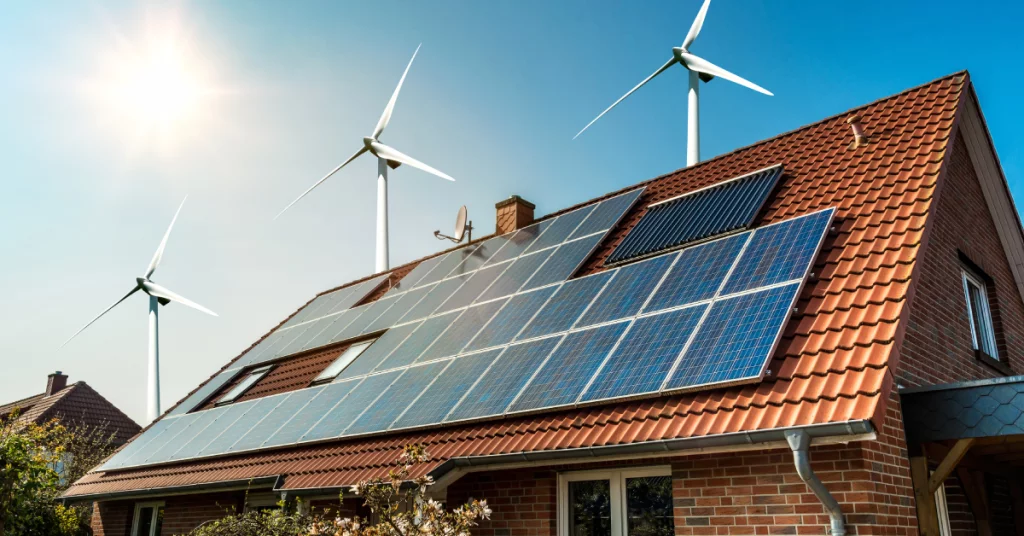Author:
Rafał Dados
Managing Risks in Renewable Energy Procurement
Challenges and Strategic Approaches for 2026–2035
Key Supply Chain Risks in the Renewable Energy Sector
With the anticipated rapid growth in renewable energy deployment, several critical supply chain risks emerge, requiring careful management by industry stakeholders.
Technological Risks
Adopting innovative battery technologies, as outlined in the BATTERY 2030+ roadmap (source: https://battery2030.eu/research/roadmap/), presents significant challenges, including uncertainty about technological reliability, scalability, and market readiness. Emerging technologies such as solid-state and advanced lithium-ion batteries could face unforeseen technical hurdles or delays, potentially impacting overall project timelines and financial performance.
Component Supply Disruptions
As global demand intensifies for renewable energy components—such as photovoltaic panels and wind turbines—companies may encounter supply shortages or delays, especially if Europe will not invest in own manufacturing capability.As of today China supply is exceeding global demand, but it may change. Such disruptions could significantly affect project timelines, necessitating the implementation of detailed contingency plans to ensure continuity and minimize impact.
Volatility in Strategic Raw Material Prices
The increasing demand for critical raw materials, including lithium, silicon, and rare earth elements, is likely to lead to substantial price fluctuations. This market volatility poses financial risks, potentially affecting the economic viability of renewable energy projects and requiring strategic financial safeguards.
Strategic Approaches to Mitigate Procurement Risks
To address these supply chain risks effectively, renewable energy companies must adopt proactive and structured risk management practices, including:
Continuous Monitoring of Technological Developments
Staying closely aligned with industry technology roadmaps, e.g. like BATTERY 2030+, enables organizations to proactively adapt procurement strategies. Continuous monitoring allows early identification of emerging trends and timely adjustments, maintaining competitive advantage and mitigating technological risks.
Supplier Diversification
Establishing relationships with a diverse network of suppliers across multiple regions reduces dependency risks. Diversification provides operational flexibility, enabling swift responses to disruptions, whether they result from geopolitical tensions or global supply shortages.
Raw Material Price Hedging
Utilizing financial instruments such as hedging strategies or securing long-term contracts can protect organizations against sudden fluctuations in raw material costs and currencies. This proactive financial management approach stabilizes project budgets and enhances financial predictability.
Building Organizational Resilience and Competency
Given the complexity and scale of anticipated renewable energy investments, enhancing organizational capabilities in risk management is paramount. Companies should prioritize ongoing education, specialized training, and internal communication to build robust procurement and risk management teams.
Investment in human capital, particularly within procurement and supply chain functions, will prove essential for effectively navigating the opportunities and challenges of the renewable energy sector over the next decade.
By systematically addressing these supply chain risks and strengthening internal competencies, organizations can optimize their resilience, ensuring the successful and sustainable implementation of renewable energy projects from 2026 through 2035.

Rafał Dados
Empowering Procurement Through AI and Operational Excellence
With 20 years of experience in project and strategic sourcing, he has been a co-owner of Eveneum for 12 years, a company specializing in consulting and training for procurement in industries that require building relationships and trust between partners. His expertise lies in supporting clients with project sourcing and early supplier engagement, as well as involving the procurement department in development work. He leads projects such as negotiation assignments, supplier searches, and negotiating cooperation terms on behalf of clients. He is a speaker at procurement conferences both in Poland and abroad. He also lectures on procurement at Jagiellonian University.





